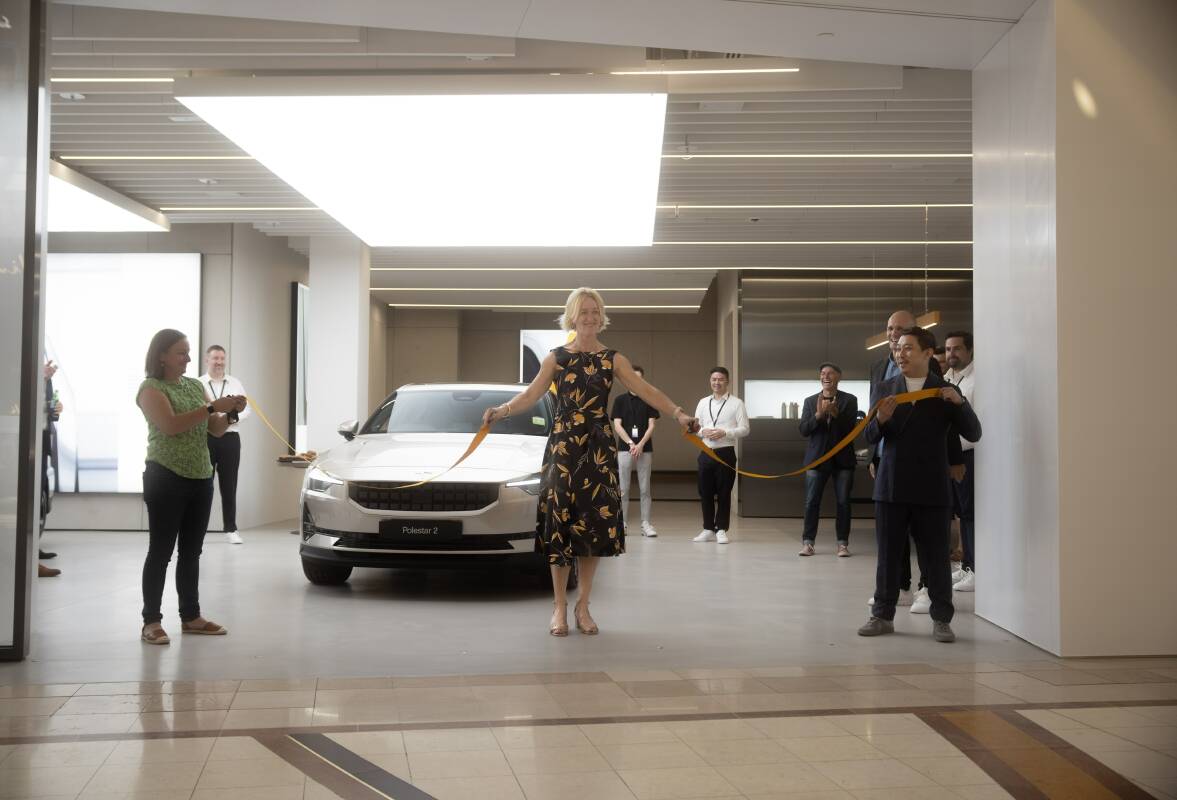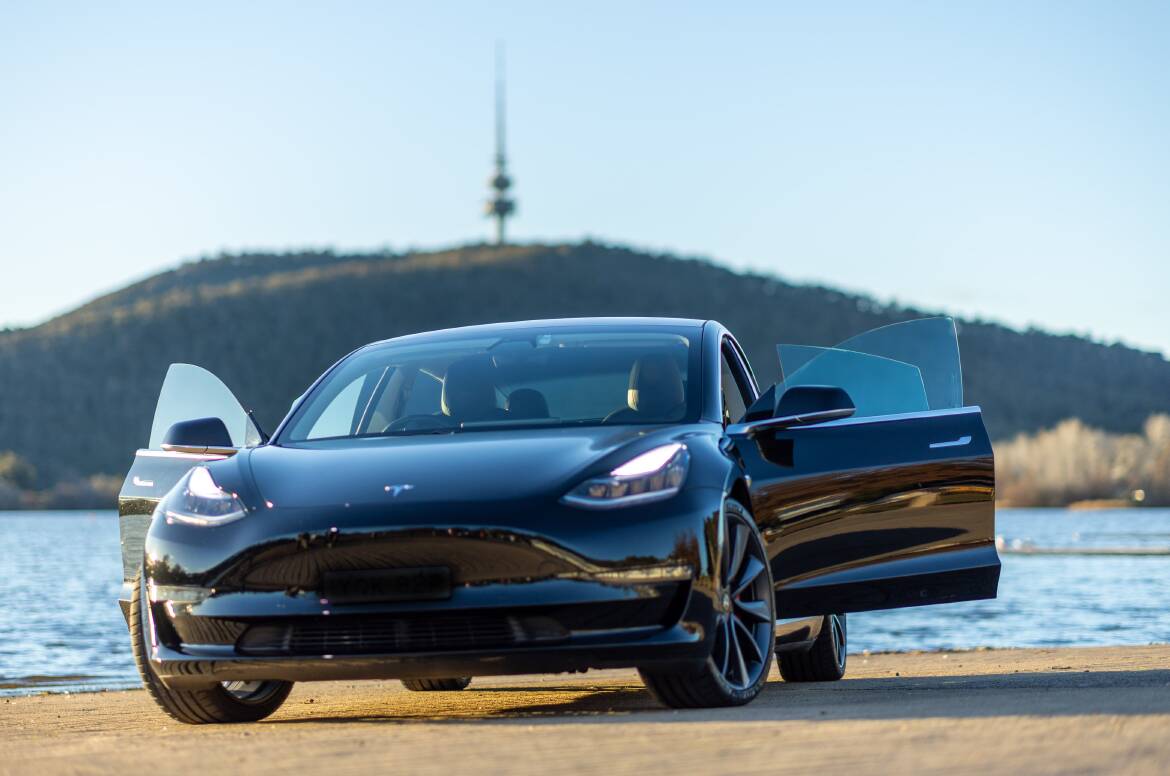Major cracks are appearing in the car industry's effort to slow the progress of the federal government's proposed National Vehicle Efficiency Standard (NVES), with a second electric vehicle manufacturer severing ties with a Canberra-based national lobby group on Friday.
Fast-growing Chinese-Swedish EV maker Polestar has joined with global EV giant Tesla in cutting its links with the Federal Chamber of Automotive Industries (FCAI) after the chief executive of the lobby group, Tony Weber, was accused of "cherry-picking" information to support its biggest member car companies.

This now leaves two EV newcomers, including one of Canberra's biggest-selling car brands, at odds with the "legacy" brands.
While Polestar was far more measured in its criticism of the FCAI, the manufacturer nonetheless says it "cannot in good faith continue to allow its membership fees to fund a campaign designed to deliberately slow the car industry's contribution to Australia's emissions reduction potential".
"Such a campaign is not aligned with Polestar's focus, and we cannot support it," Samantha Johnson, the head of Polestar Australia, said.
"Claims by the FCAI and its members of significant price hikes in response to the proposed standard are overblown.
"The FCAI has not released the full modelling underpinning its assertion; to the general public or to its own members.
"Rather, it appears that the FCAI has cherry-picked what it thinks will progress the position of only some members.
"When the FCAI commits to representing all voices in the automotive industry fairly, Polestar will consider returning as a full member."

As Australia's biggest-selling brand, Toyota is the largest financial contributor to the Canberra-based lobby group, which receives around $4.5 million annually in fees from car companies through its analysis and distribution of monthly new vehicle sales, a process known as VFACTS.
The financial operation of the FCAI is shrouded in secrecy and car company executives make up the board members. However, it does hold millions of dollars in a "war chest" that it can use for purposes which advances its membership's needs.
Things had been sailing along serenely for the FCAI for decades, with its chief executive collecting a salary well in excess of $500,000 per year, until the arrival of the proposed new efficiency standard which has run a cleaver through the membership.
The world's largest EV manufacturer, Tesla, had been a member of the FCAI board of directors until March 7 when it dramatically cut all ties, accusing Mr Weber and the group as repeatedly making "claims that are demonstrably false".

"Tesla is concerned that the FCAI has engaged in behaviours that are likely to mislead or deceive Australian consumers," it said.
"Tesla is also concerned that it is inappropriate for the FCAI to foreshadow or coordinate whether and how competitor brands implement price changes in response to environmental regulations such as the NVES."
Other global car manufacturers now are also understood to be considering whether to remain members, which would weaken the FCAI's lobby power.
Under the federal government's plan, the new standard would come into effect from January 1, 2025, and will have Australia "catch up" to comparable markets, including the United States, by around 2028.
Three different "glide path" options which would steadily ramp up vehicle emission controls were proposed by government during the catch-up phase, with the government favouring a middle path between a slow ramp up and a rapid one.







